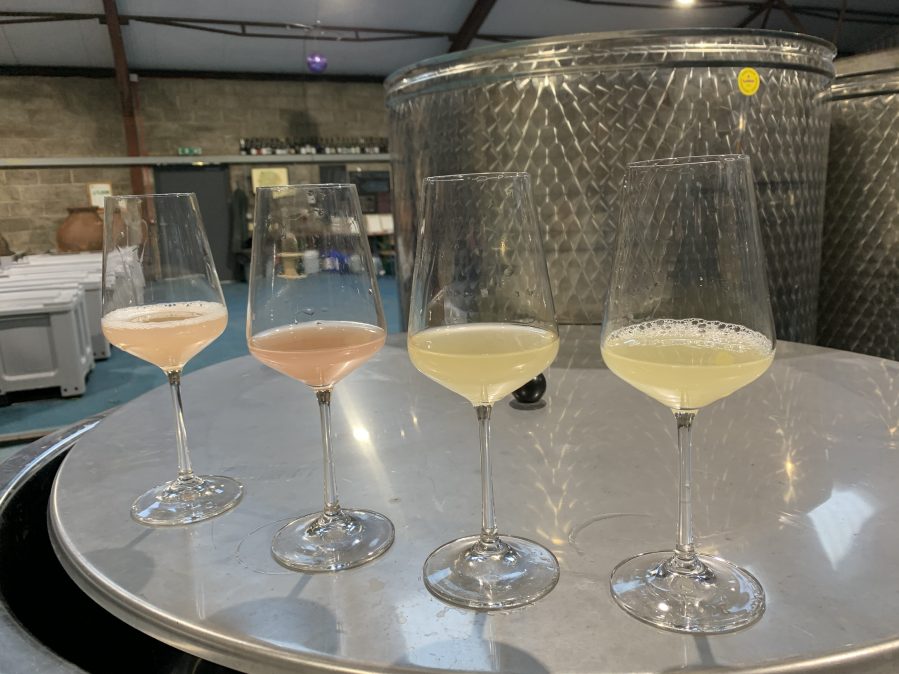One of the advantages of being an independent winemaker, is that I can try and suggest products with total freedom, just focusing on what works for that specific case.
Of course I can’t try everything all the time, but I do leave room for some new trials every year for the sake of improvement.
I encourage everyone to test things instead of just using them by default as a habit. You and your wine are the best judges of it.
Is there a magic ingredient?
I know initially it will sound like a contradiction but… the short answer to this question is “no”, there are not magic ingredients, while the long answer is “yes” and I will explain it below.
First of all, I apologise for using the word “ingredient”, I hate it; winemaking is not a recipe and we all know that the products we use, can be classified as adjuvants when they don’t become part of the juice/wine (e.g. PVPP, bentonite etc) or additives when they do, (e.g. sugar, tannins etc).
There are products which are more impactful than others of course. A barrel for example, can have a lot more impact than a yeast, a finning agent or a polysaccharide. However, if we think of an elegant complex and balanced wine, none of the products makes any magic on its own; making good wines would be too easy, right?
A premium wine is complex and full of harmonious details. Every product counts if used wisely and only when necessary.
The best wines are blends: a blend is made of components and components might not be perfect, especially in the UK climate. At the same time, the best wines are usually the ones that are “born good in the vineyard” and they require less intervention because of that. No winemaker wants to use more products than needed to achieve the best quality, in the same way no-one wants to use less than needed maximising potential quality.
Do you have the technical knowledge to decide which products to use, how and when?
Let’s start by saying that, in my experience, with good grapes and depending on the wine type or style, we often don’t need more than 2-6 products to have a quality stable wine.
On the contrary, when the grapes are not so good or if we used the wrong technique for that specific grape, then we’ll need to use more products to adjust our shot.
A winemaker is a technician who should know the mechanism of how each product works and what it does. This also means, that a winemaker should be able to decide when something is not needed or if it will lower quality instead of increasing it.
If something has been used in the past, it doesn’t mean it needs to be used every year and vice-versa.
I remember when I was 17 years old and wanted to make my first wine before studying winemaking in Marsala, my home town in Sicily. I went to a conference from one of the major brands, I took many notes and in a morning I literally came out with a recipe; “easy” I said! Then I soon realised that I wasn’t able to make my own decisions because I didn’t know the “why” behind what I was doing, (except the basic reasons that I was told in that conference). Things obviously became worse in changing circumstances and with no experience. After a couple of attempts, I went to the winemaking school where some of the best wine and grape producers were teaching at that time.
One of my favourite lessons was when we were given a wine with many faults and we had to do our best to improve it, as well as when we had to express the maximum potential of a grape while masking or removing the weak aspects.
Key questions
- Which products do you use and why?
- Do you always need them?
- Have you tested them and how do they influence the wine?




